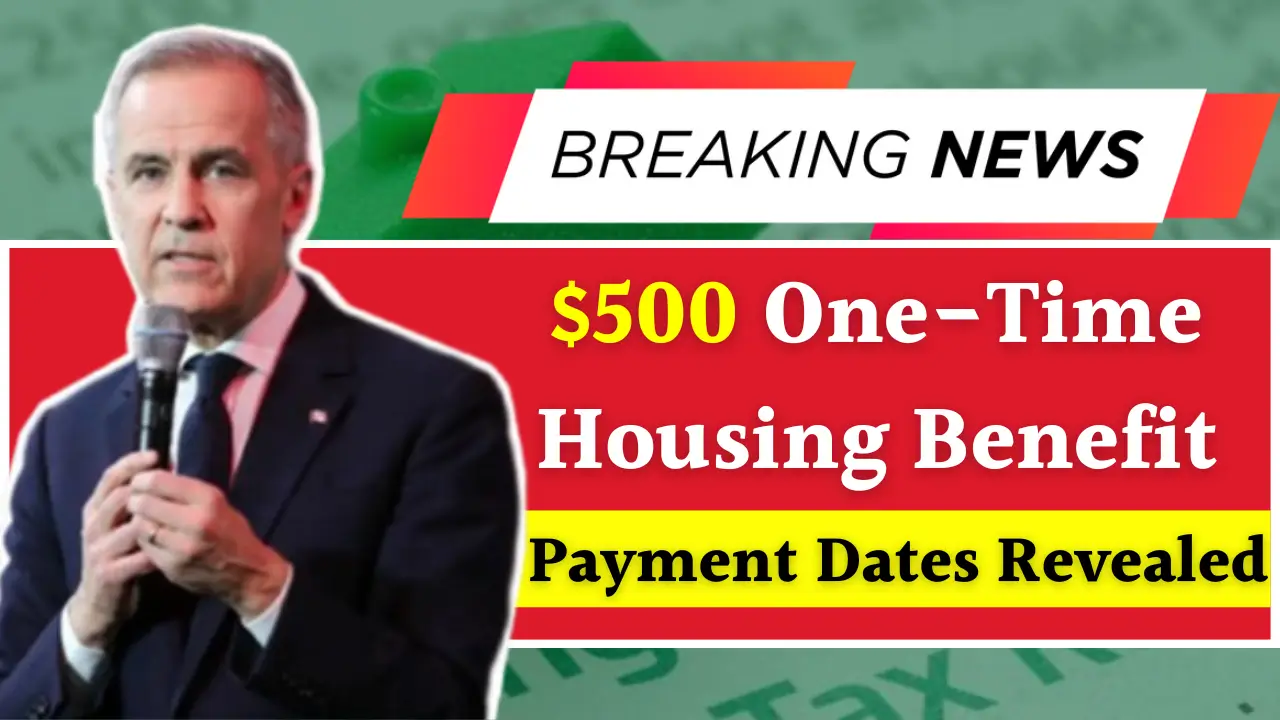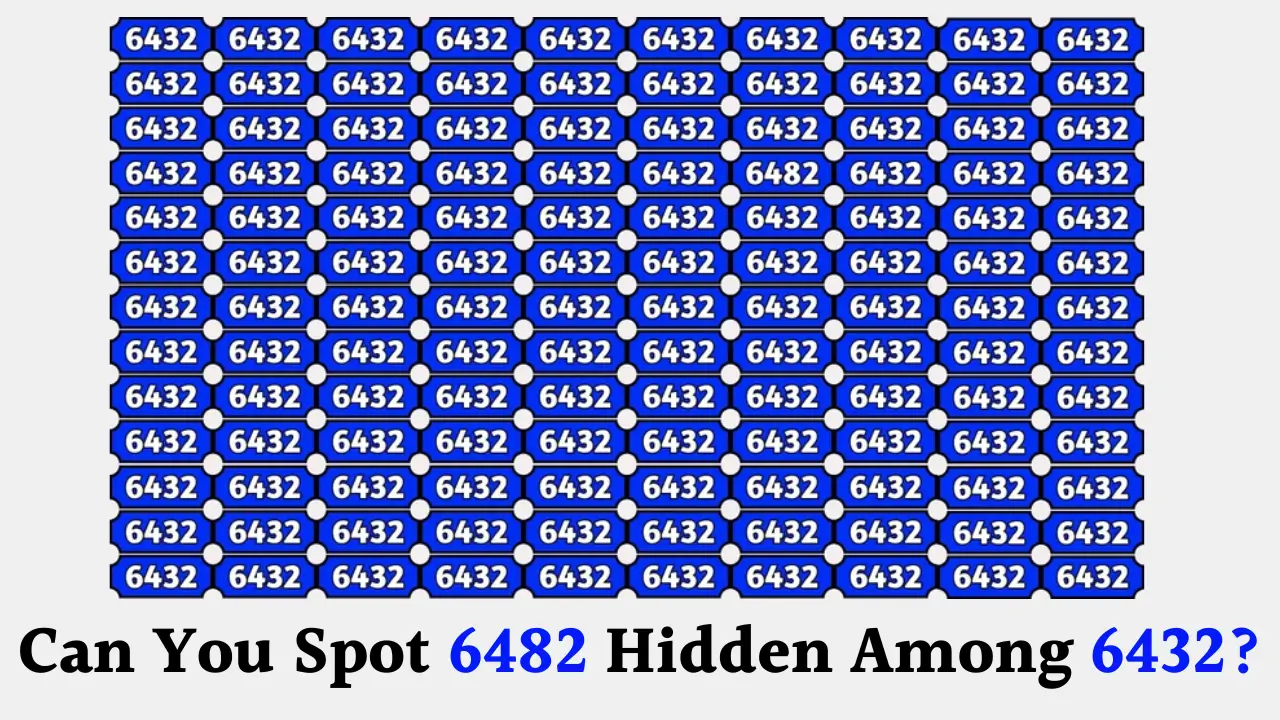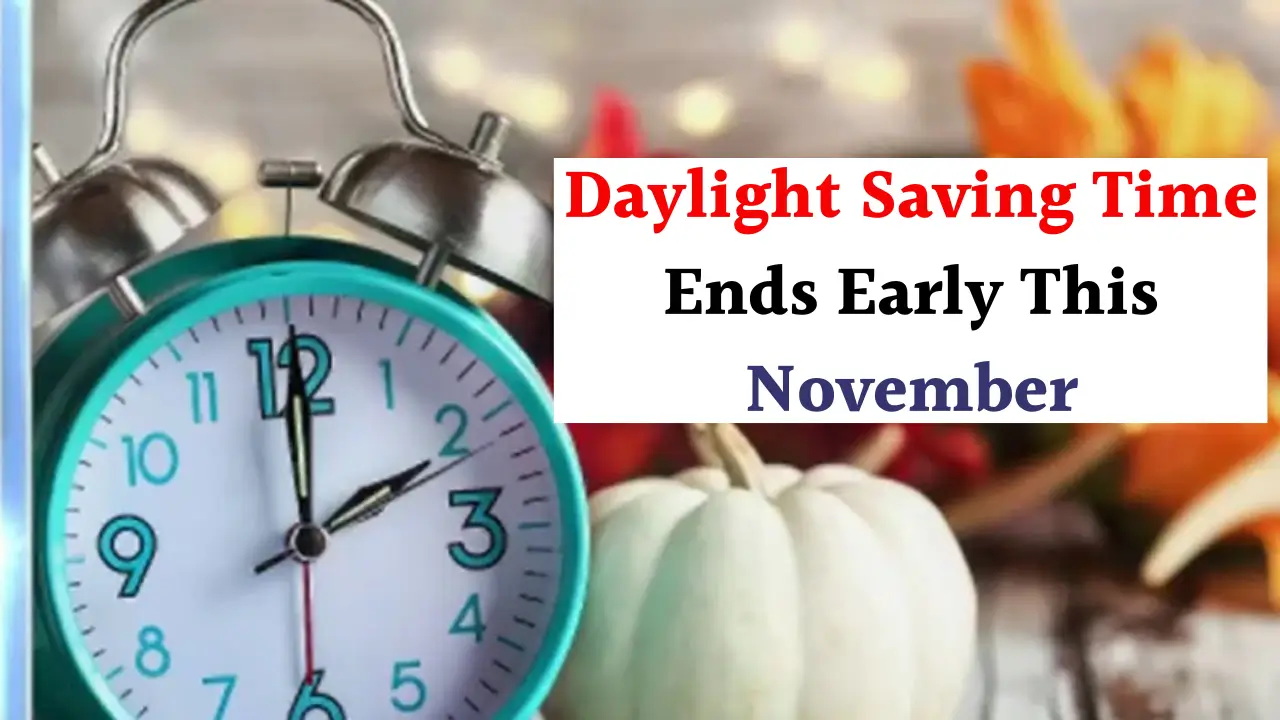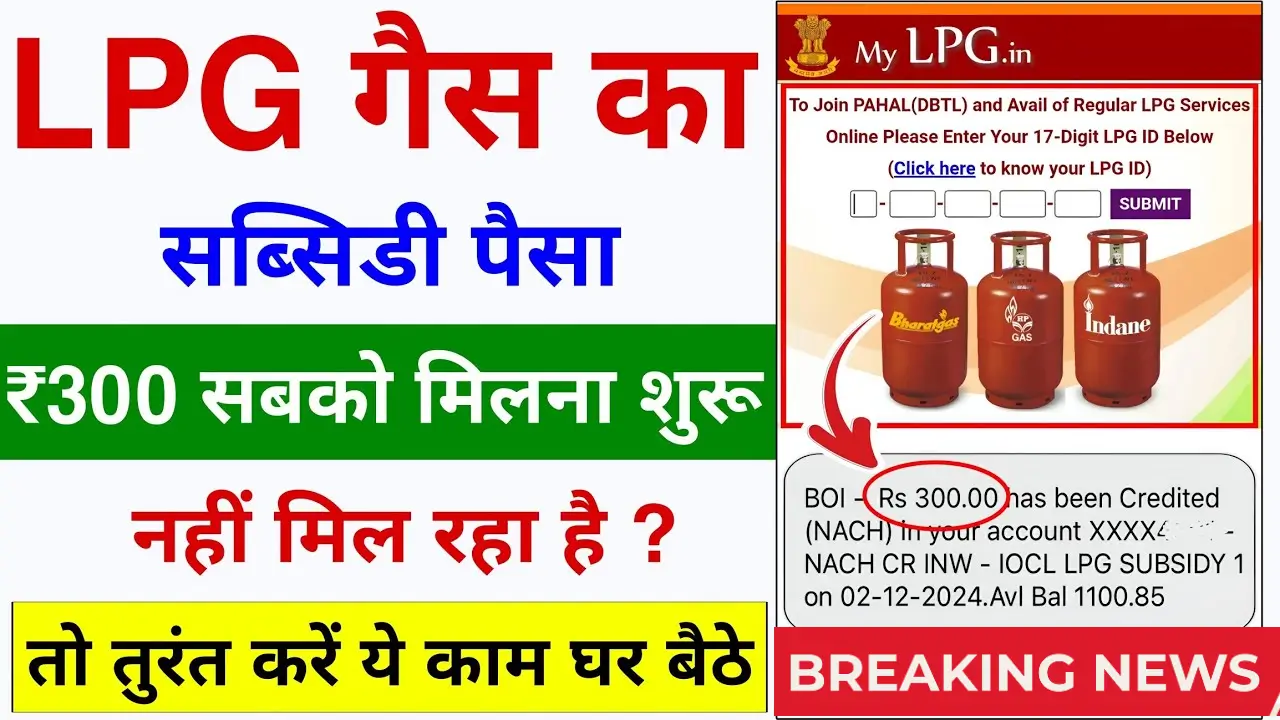$500 One-Time Housing Benefit 2025: With rising housing costs putting pressure on many households, the $500 One-Time Housing Benefit offers timely financial relief to eligible renters and homeowners.
This one-off payment, coming into effect primarily in Canada in late 2025, supports low- and moderate-income families and individuals struggling to make rent or mortgage payments.
This article provides a detailed overview of the program, eligibility criteria, application process, payment dates, and its significance in addressing housing affordability challenges.
What is the $500 One-Time Housing Benefit?
The $500 One-Time Housing Benefit is a federal initiative designed to provide immediate financial assistance to individuals and families facing housing cost burdens. Unlike recurring subsidies or rental assistance programs, this is a non-taxable, single payment aimed at easing short-term financial pressure related to rent or mortgage expenses.
This benefit is part of broader government efforts to alleviate housing costs and improve affordability, complementing ongoing programs such as the Canada Housing Benefit (CHB). Introduced amidst rapidly increasing rental and homeownership costs in urban and rural areas alike, this payment seeks to help those most vulnerable to housing insecurity.
Eligibility Criteria for the Housing Benefit
The eligibility for the $500 one-time payment depends on multiple criteria centered on income, residency, and housing status:
- Residency and Age: Applicants must be Canadian citizens or permanent residents, residing in Canada. Typically, applicants must be at least 18 years old at the time of application.
- Income Thresholds: The program targets low- and moderate-income households. For example, families with an adjusted net income of $35,000 or less in the previous tax year, or individuals earning $20,000 or less, are generally eligible.
- Housing Status: Applicants must pay rent or have a mortgage for their principal residence. Both renters and homeowners with mortgages qualify if other criteria are met.
- Tax Filing: Applicants and any cohabiting spouse or common-law partner must have filed an income tax return for the prior year within deadlines set by the Revenue Agency.
- Other Benefits: Those receiving GST/HST credits or Canada Child Benefit may automatically qualify under simplified criteria, streamlining access.
- Financial Hardship: Priority is given to households experiencing sudden financial challenges such as income reduction, unemployment, or drastic rent increases.
Application Process and Documentation
Applying for the $500 One-Time Housing Benefit is straightforward and designed to minimise barriers:
- Application Platform: The payment is administered through the Canada Revenue Agency (CRA). Eligible individuals can apply online via the CRA My Account portal or submit paper applications where available.
- Required Documentation: Applicants need proof of residence, income from the prior tax year (such as Notice of Assessment), and evidence of rent or mortgage payments.
- Deadline: Applications typically open around mid-September 2025 and close by the end of March 2026. Timely submission is crucial as late applications may not be accepted.
- Processing Time: Once approved, applicants can expect payment within weeks, with direct deposit as the preferred payment method for speed and security.
Payment Dates and Distribution
The first payments of the $500 Housing Benefit began in the last week of September 2025, with disbursements continuing over subsequent months as applications are processed. Highlights:
- Payment Method: Direct deposit to bank accounts is encouraged. Cheques are issued for those without direct deposit details but may take longer to arrive.
- Tax Status: The payment is non-taxable and does not affect eligibility for other income-tested federal benefits such as the GST/HST credit, Canada Child Benefit, or Guaranteed Income Supplement.
- Frequency: The benefit is a single, one-time payment per eligible applicant.
Impact on Households and Community
The $500 One-Time Housing Benefit provides notable relief that can help cover a portion of monthly housing costs, utility bills, or urgent mortgage payments. In cities like Toronto, Vancouver, and Montreal where rents have escalated steeply, this payment can ease financial stress temporarily.
For homeowners with active mortgages, the assistance helps manage monthly installments or necessary home maintenance. For renters, it reduces the immediate burden of rent hikes, allowing families to allocate funds to other critical expenses such as food, education, and healthcare.
While the benefit does not resolve systemic housing affordability challenges, it acts as a crucial short-term intervention for households facing housing insecurity or financial shocks.
Government Housing Affordability Objectives
This one-time payment forms part of a wider government strategy to enhance housing affordability and access. Alongside investments in affordable housing supply and rental supplements, the $500 Housing Benefit targets immediate needs with rapid support.
The government emphasises that structural solutions require long-term policy reforms, increased housing stock, and community-based approaches. Meanwhile, this payment is a pragmatic response to the increasing cost burdens many families face.
Public Response and Criticism
Public reaction has been a mix of appreciation and critiques:
- Supporters praise the initiative for its swift delivery and targeted relief to low-income households.
- Critics argue that $500 is insufficient amid soaring rents exceeding $2,000 monthly in many urban centres. Advocates call for ongoing, broader rental support programs.
- Economists highlight the importance of sustained investment in affordable housing stock beyond one-off payments.
Nonetheless, the program is welcomed as an important immediate step in a multi-faceted approach to housing affordability.
Comparison Table: Program Highlights
| Feature | Details |
|---|---|
| Payment Amount | $500 one-time, non-taxable payment |
| Eligibility | Canadian residents, low/moderate income, renters & mortgage holders |
| Application Period | Sept 2025 to March 2026 |
| Payment Method | Direct deposit preferred; cheque option available |
| Impact on Other Benefits | No impact on GST/HST credit, Canada Child Benefit, etc. |
| Purpose | Short-term relief for housing cost burdens |
Frequently Asked Questions (FAQs)
Q1: Who qualifies for the $500 One-Time Housing Benefit?
A1: Canadian citizens or permanent residents aged 18+ with low or moderate income, paying rent or mortgage on a principal residence, who filed a prior year tax return, generally qualify.
Q2: How do I apply for the housing benefit?
A2: Applications are made online via the Canada Revenue Agency My Account portal or by paper forms where available during the application window.
Q3: When will I receive the $500 payment?
A3: Payments started in late September 2025 and continue as applications are processed. Direct deposit recipients get faster payments.
Q4: Is the $500 payment taxable?
A4: No, the payment is non-taxable and does not affect other federal income-tested benefits.
Q5: What documents are required to apply?
A5: Applicants must provide proof of income (prior tax return), proof of residence, and evidence of rent or mortgage payments.
Conclusion
The $500 One-Time Housing Benefit represents a significant federal effort to provide fast, targeted assistance for Canadians facing rising housing costs. While it does not replace the need for long-term housing affordability solutions, it offers vital short-term financial relief to low- and moderate-income households. Eligible individuals and families are encouraged to apply promptly within the designated timeframe to benefit from this support amid the ongoing housing affordability challenges.
This initiative underscores the government’s commitment to supporting vulnerable households through tangible measures while working toward more comprehensive housing policy reforms.
This comprehensive information should assist readers in understanding, checking eligibility, and applying for the $500 one-time housing payment effectively.















